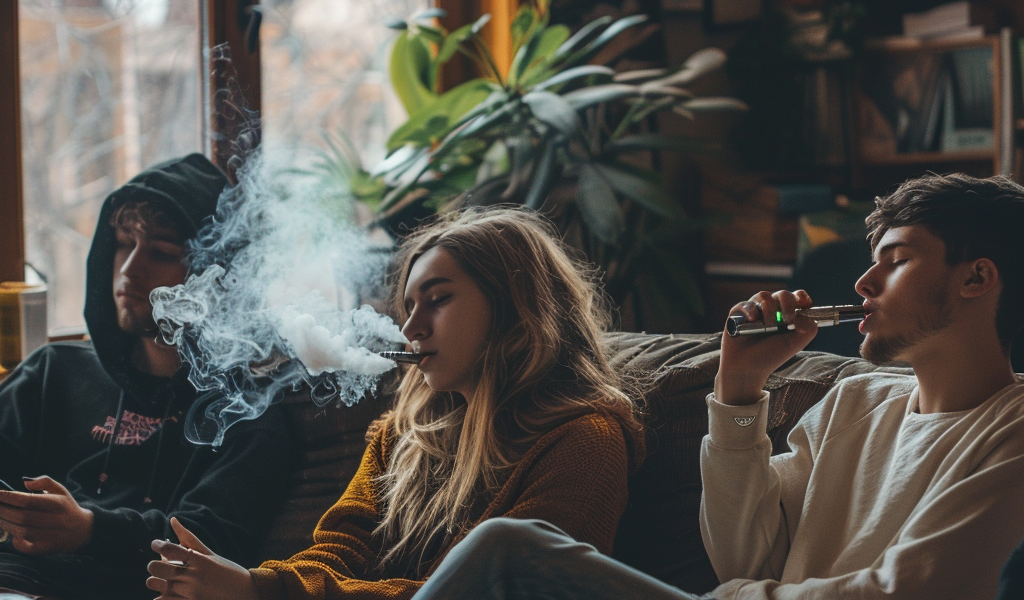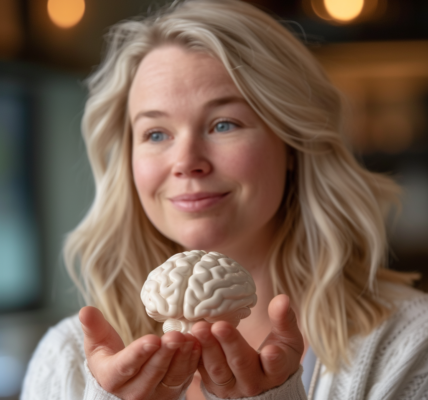We have made updates to our Privacy Policy to provide you with a clearer understanding of how we utilize your personal data. Our use of cookies aims to enhance your experience on our platform. For more details, you can refer to our Cookie Policy.
Neuroscience News & Research
March 6, 2024
Researchers from the University of Surrey have conducted a study shedding light on the impact of vaping on the sleep quality and mental health of young adults. The investigation focused on individuals aged 18-25 years, examining the correlation between vaping, sleep patterns, and emotional well-being.
The study delved into various aspects including the connection between vaping and feelings of loneliness, as well as the influence of mindfulness on emotional regulation. Additionally, researchers explored the concept of rumination, characterized by repetitive negative thoughts.
The findings revealed a significant decline in the sleep quality of vape users compared to non-vapers, with over three-quarters of the former exhibiting symptoms of insomnia. The stimulating effects of nicotine were identified as a potential contributor to this poor sleep quality. Furthermore, the study suggested that sleep deprivation might lead individuals to increase their vape usage as a means of combating daytime lethargy.
Dr. Simon Evans, a Neuroscience Lecturer at the University of Surrey, expressed concern over the prevalent use of vaping among young individuals. He emphasized the accessibility of vape products through dedicated shops, leading to increased temptation and a lack of awareness regarding the associated risks. Dr. Evans highlighted the misconception that flavored vape products are harmless, cautioning against the detrimental impact of nicotine on brain development and its potential to foster behaviors conducive to substance abuse.
The surge in vape usage among young people over the past decade has prompted the need for a deeper understanding of its effects. To address this gap, the researchers surveyed 316 participants, comprising 263 non-vapers and 49 vape users, to gather insights into their vaping habits, sleep patterns, and mental health. Notably, anxiety levels were found to be markedly elevated in the vape-user group, with 95.9% exhibiting clinical indicators of anxiety symptoms.
Furthermore, the study revealed that 73.5% of vape users identified as ‘night owls,’ in contrast to only 40% of non-users. Vape users also reported heightened feelings of loneliness, potentially linked to their predisposition as ‘night owls.’





